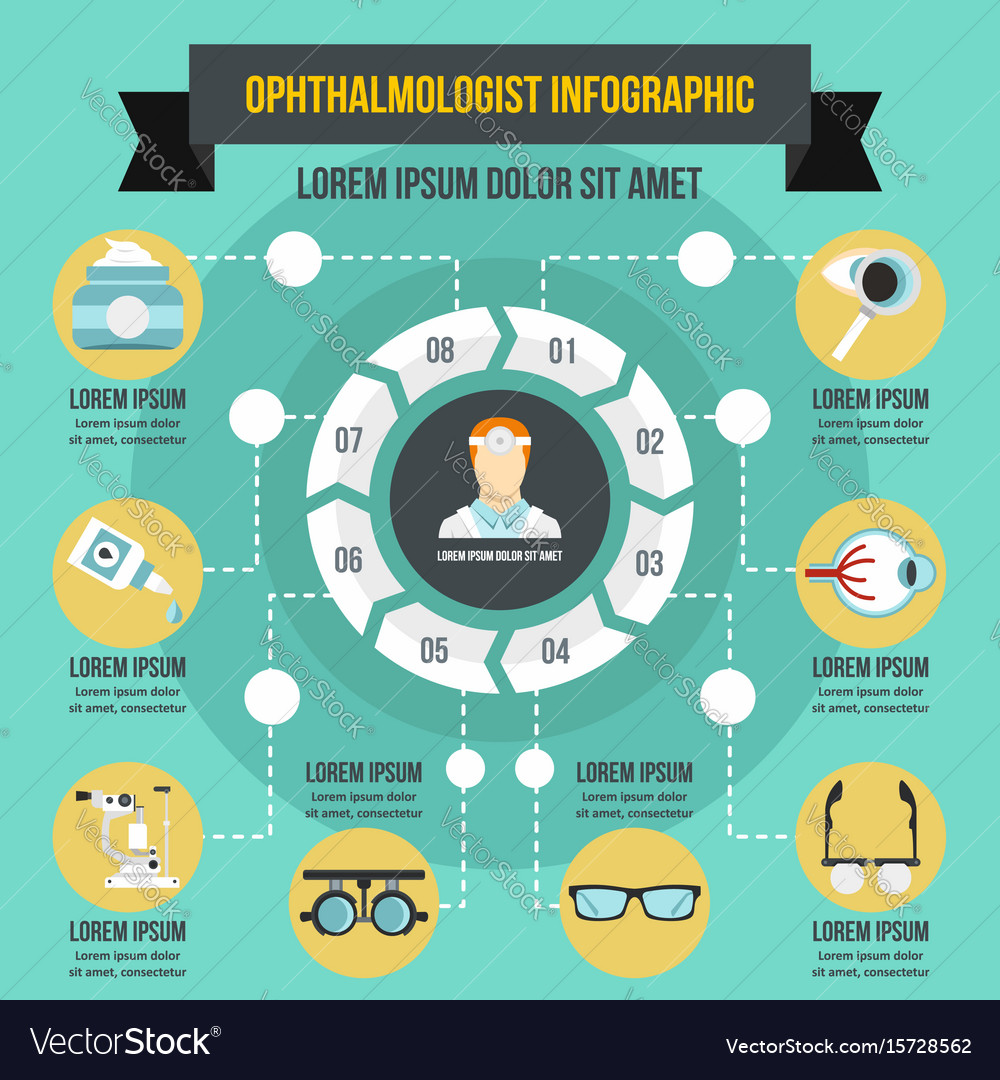Intend To Learn More About Refractive Lens Exchange? Uncover Vital Insights And Responses That Might Transform The Program Of Your Vision Trip
Intend To Learn More About Refractive Lens Exchange? Uncover Vital Insights And Responses That Might Transform The Program Of Your Vision Trip
Blog Article
https://thecnnfreedomproject.blogs.cnn.com/2011/04/18/victims-break-chains-of-slavery/ -Nissen Goldstein
If you're considering refractive lens exchange, you probably have a great deal of concerns. Refractive Error Correction can transform exactly how you see the globe, using advantages like lowered dependence on glasses. Nevertheless, it's important to recognize the procedure, risks, and who certifies as a great candidate. Allow's check out these critical aspects so you can make an educated choice about whether RLE is right for you.
What Is Refractive Lens Exchange and How Does It Function?
Refractive lens exchange (RLE) is a surgery created to change your eye's natural lens with an artificial one, correcting vision problems like nearsightedness, farsightedness, or presbyopia.
During the procedure, your cosmetic surgeon makes a tiny incision in the eye, removes your all-natural lens, and inserts an intraocular lens (IOL) customized to your vision needs. This outpatient surgery commonly takes about 15 to 30 minutes per eye and is done under local anesthetic.
You'll likely notice renovations in your vision virtually promptly, though full healing might take a few weeks. RLE is particularly useful for those over 40 or with high prescriptions, using a resilient service compared to glasses or contact lenses.
Your eye care professional can help figure out if RLE is right for you.
What Are the Advantages and Dangers of Refractive Lens Exchange?
Selecting refractive lens exchange can bring about significant improvements in your vision, yet it is essential to weigh both the benefits and dangers before making a decision.
On the plus side, this procedure can enhance your sight by correcting problems like presbyopia, nearsightedness, and hyperopia. Lots of patients appreciate minimized dependence on glasses or contact lenses, which can greatly enhance their lifestyle.
Nonetheless, it's important to take into consideration prospective dangers. Complications can consist of infection, glow, or halos around lights.
There's also an opportunity of overcorrection or undercorrection, which might need extra procedures.
Who Is a Perfect Candidate for Refractive Lens Exchange?
If you're taking into consideration refractive lens exchange, it's important to understand whether you fit the profile of an optimal prospect. Typically, you may be a great candidate if you're over 40, experience presbyopia, or have high levels of nearsightedness or farsightedness.
It's additionally essential that your vision is steady, meaning your prescription hasn't transformed considerably in the past year. If you have cataracts or various other eye conditions, you could gain from this procedure as well.
However, specific variables, like unrestrained diabetes mellitus or autoimmune diseases, might disqualify you. To establish your candidateship, consult with an eye treatment expert who can examine your details scenario and suggest the best course of action customized to your demands.
Final thought
Finally, refractive lens exchange can be a transformative option for improving your vision, especially if you're over 40 or have a high prescription. While the advantages are substantial, it's crucial to evaluate the dangers and talk to your eye care expert to identify if you're a suitable prospect. With the appropriate information and guidance, you can make a notified decision and perhaps delight in a life with reduced dependence on glasses.
